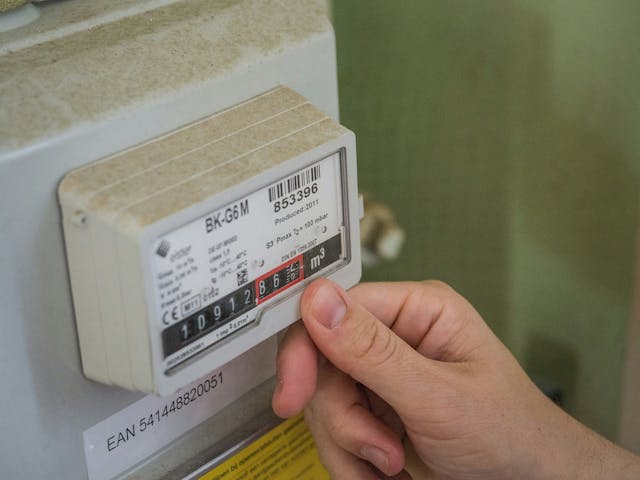Previously forgotten viruses have returned to Luxembourg

Maxim Tolchinskiy, Unsplash
According to the new annual report of the Sanitary Inspectorate (INSA) at the Ministry of Health, Luxembourg will record significant changes in the spread of infectious diseases in 2024. The report, based on data from a modern surveillance system that obliges doctors and laboratories to report 74 types of diseases, reflects both worrying trends and progress in public health.
The main signal is the outbreak of whooping cough, with the number of cases exceeding 1,000. The disease was particularly active among adolescents, and the trend has intensified compared to 2023. Other European countries recorded a similar situation. In addition, in 2024, the first cases of measles since 2019 were recorded, necessitating large-scale contact detection operations to limit the spread of the virus.
There was also a significant increase in influenza, with more than 8,200 cases, 39% more than in the previous year. The 2024/2025 winter season was particularly busy, with A-H1, A-H3 and B strains circulating simultaneously. This put additional strain on emergency departments and primary care. Despite this, there were relatively few severe cases, which experts attribute to the high level of immune defence in the population.
At the same time, the spread of COVID-19 went down - for the first time since 2020, no significant winter wave was recorded. Only two small bursts were recorded in summer and autumn.
The increase in the number of syphilis cases deserves special attention: 25 confirmed diagnoses, mainly among socially vulnerable young people. Thanks to an effective epidemiological investigation and close work with associations, most of the sick were promptly referred for treatment.
Against this background, the Ministry of Health recalls the importance of vaccination - especially against pertussis and measles - and regular updating of vaccination status according to CSMI recommendations. The need for condom use and early testing to prevent the spread of sexually transmitted infections is also emphasised.
The year 2024 also marked a milestone in the digitalisation of surveillance. Luxembourg launched the PHRESH (Public Health Rapid Epidemiological Surveillance Hub) project, supported by the European Commission. The SORMAS software will be implemented over four years to efficiently manage outbreak and contamination data. In conjunction with the RASSUR system, which tracks hospital referrals, this will create an integrated and operational platform to combat the infectious threats of the future.





